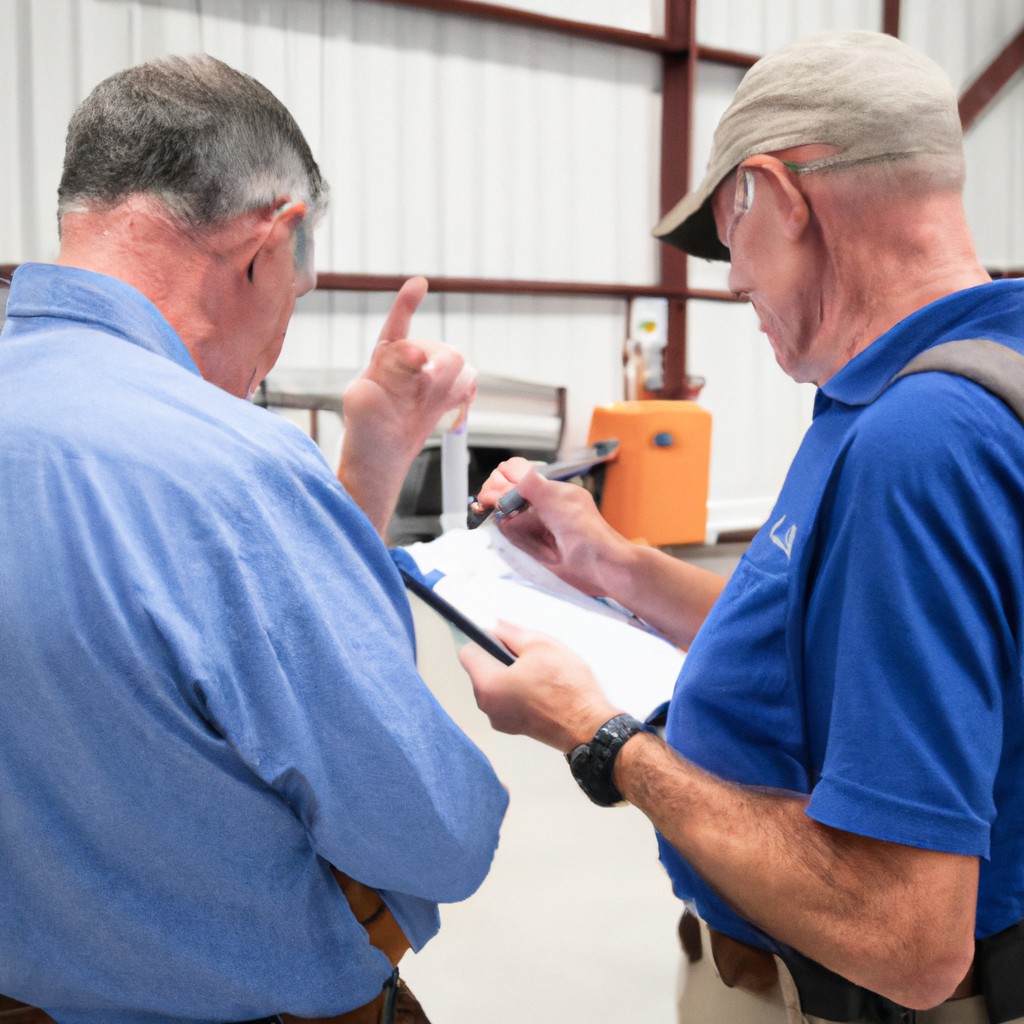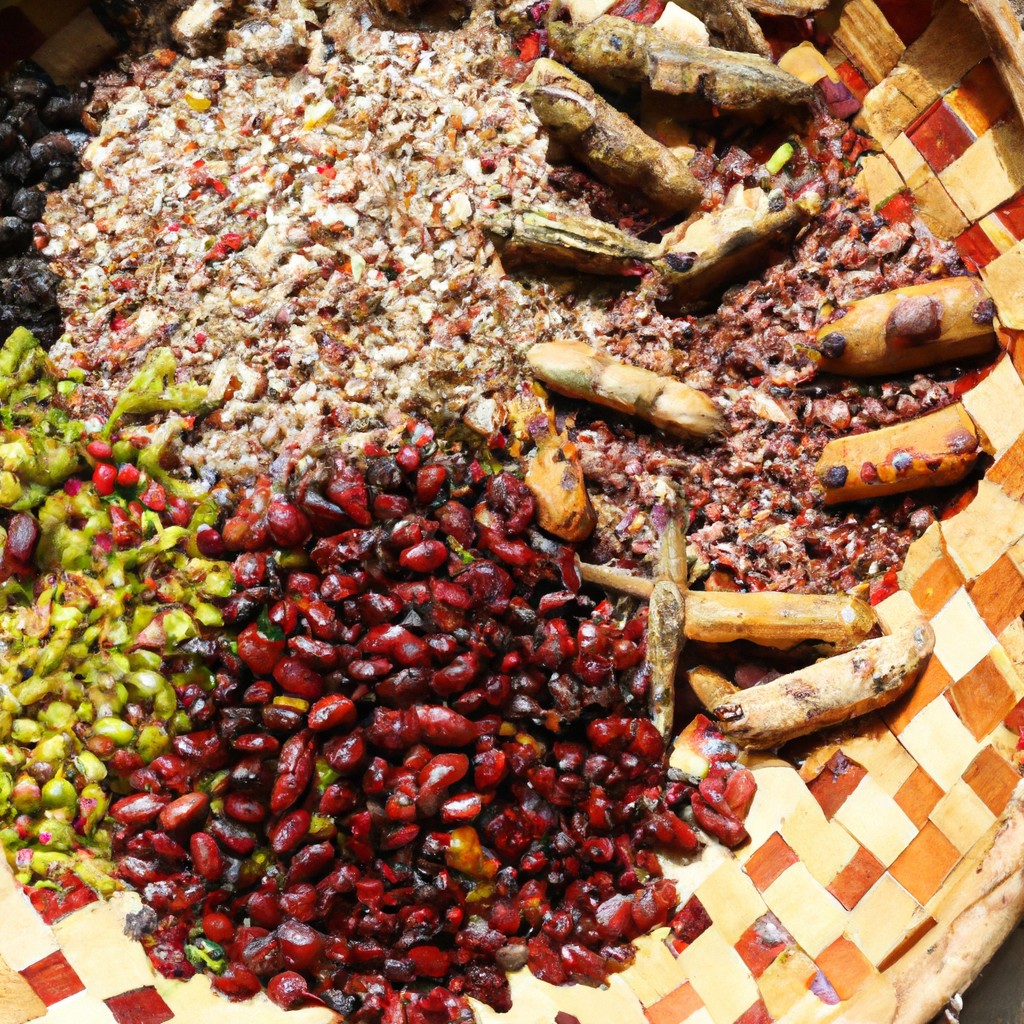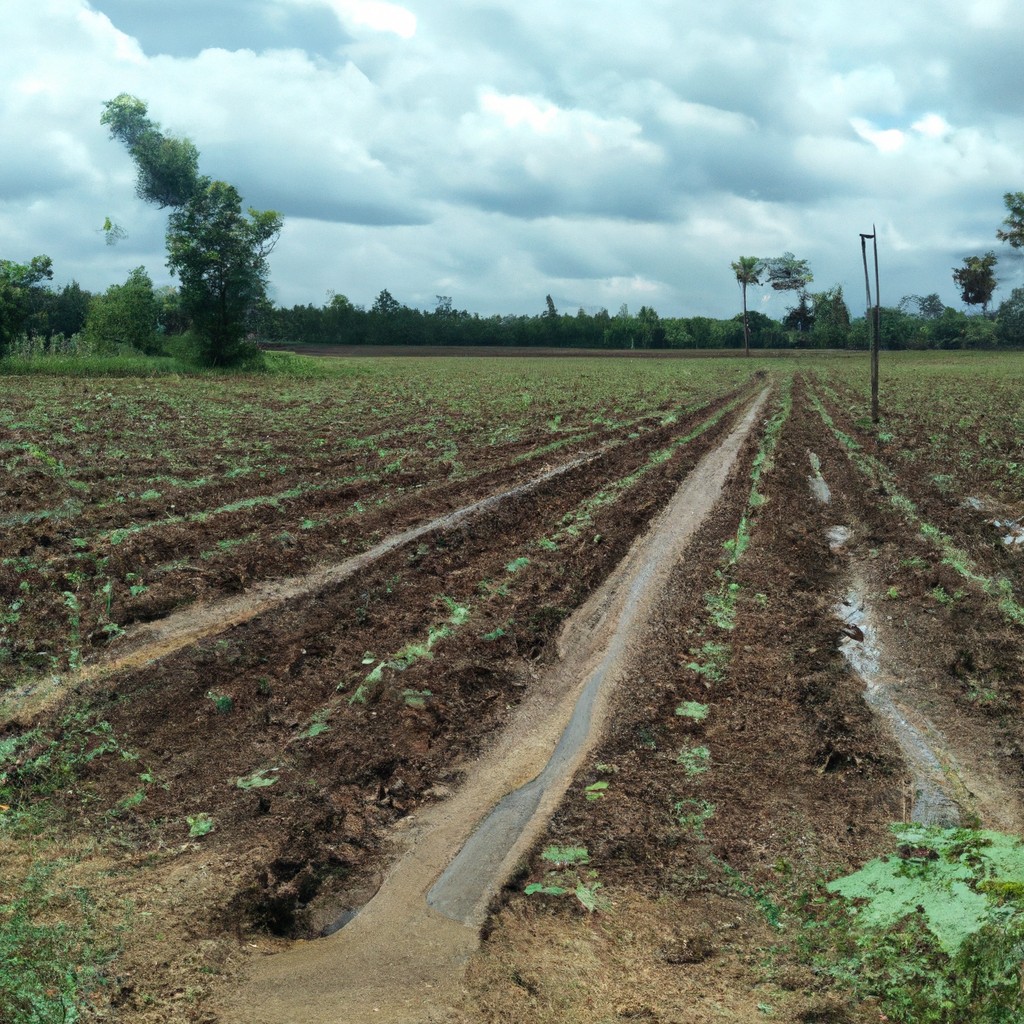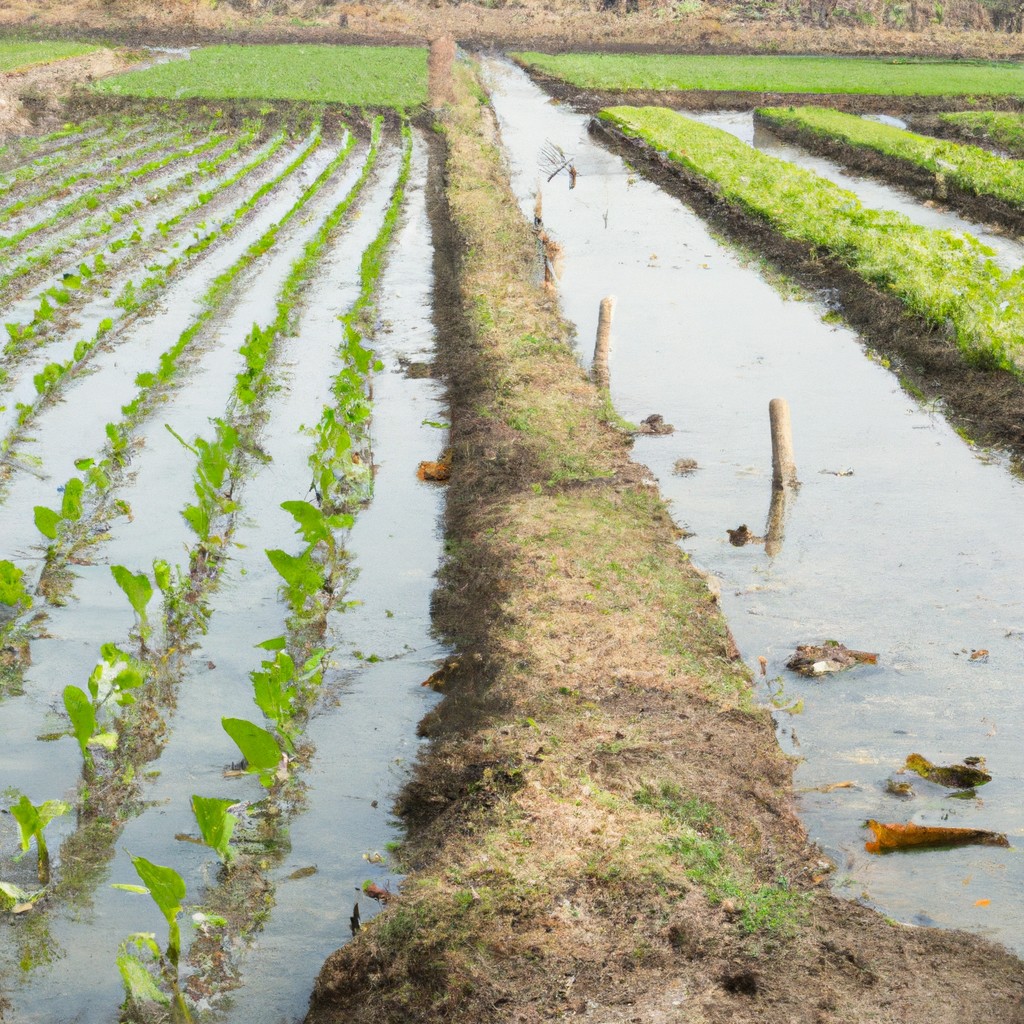Agricultural engineering combines technology with farming methods to increase efficiency and sustainability in food production.
Look Inside:
Overview of Agricultural Engineering
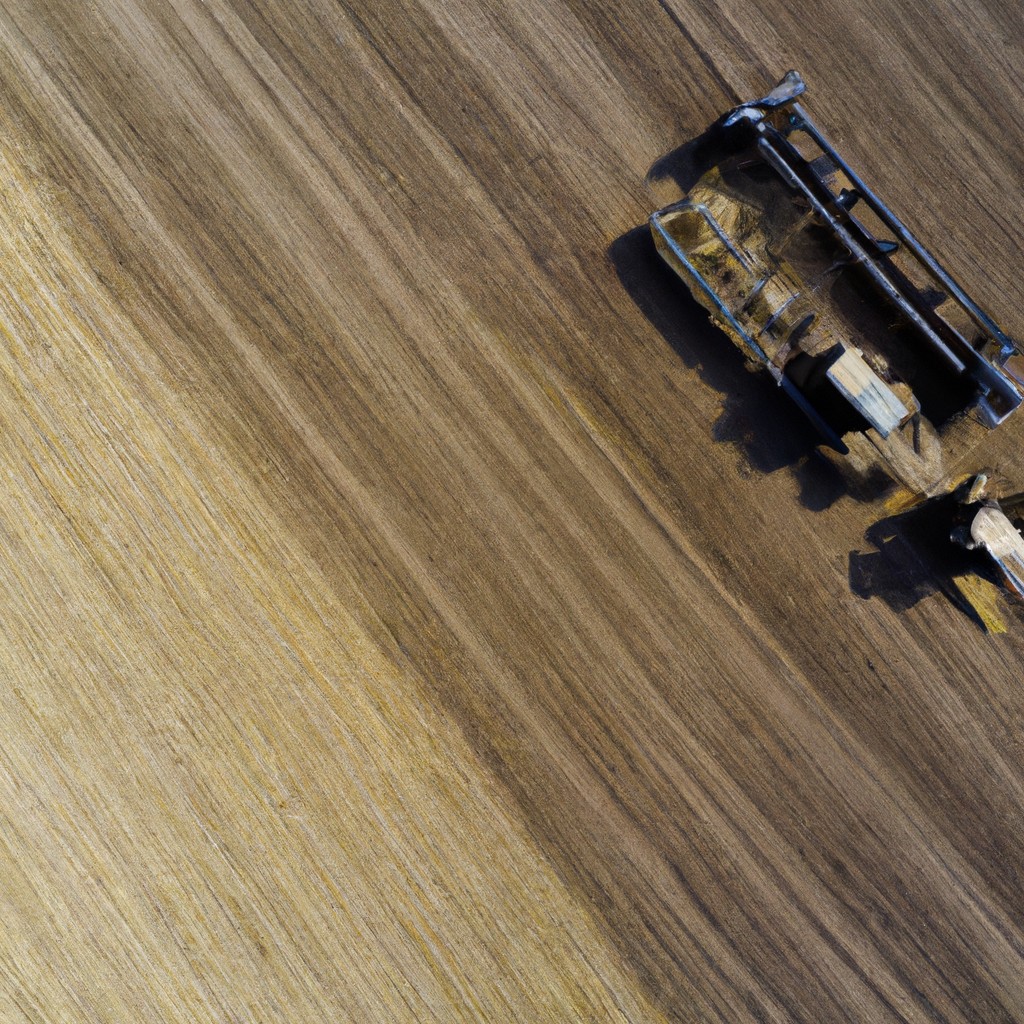
Agricultural engineering intertwines the science of agriculture with the discipline of engineering to foster efficient farming. Agricultural engineers strive to create machinery that optimizes harvests while conserving resources. They tackle water management with an eye for sustainability, crafting irrigation systems that quench crops without waste. Their work extends to evolving bioenergy sources, looking to farm waste and crops as potential energy goldmines. By integrating technology, they make precision farming a reality—farmers can now monitor crop health and soil conditions with the tap of a touchscreen. This engineering specialty is key in shaping sustainable agricultural practices that support an ever-growing population.
Key Responsibilities of Agricultural Engineers
Agricultural engineers wear many hats, figuratively speaking. They play a pivotal role in enhancing farming practices, focusing on efficiency and sustainability. One slice of their day might involve designing farm structures tailored to optimally protect and nourish crops. They are the architects behind the ingenious irrigation systems that conserve water while ensuring every drop counts.
These experts are also soil whisperers, delving deep into the science of soil management to boost fertility without harming Mother Nature. They work collaboratively with Mother Nature, crafting machinery that dances with crops and soil, reducing labor while maximizing yield.
Additionally, they keep a keen eye on the horizon for the latest technology, incorporating drones and sensors to give crops a high-tech health checkup. Their creativity blooms in producing renewable energy sources from farm waste, transforming what was once disregarded into a valuable resource.
Finally, they serve as the bridge between the lab coat and the plough, translating cutting-edge research into practical, boots-on-the-ground farming solutions. An agricultural engineer is a farmer’s ally in a complex world of challenges, merging tradition with innovation for the land’s brighter future.
Innovations in Agricultural Engineering
Agricultural engineering has taken giant leaps with precision farming at the forefront. GPS-guided tractors subtract the guesswork from planting and harvesting, steering along perfect rows, conserving fuel and time.
Drone technology buzzes through the skies, capturing detailed images to help farmers assess crop health, track livestock, and survey vast tracts. This bird’s-eye view supports informed decisions, from irrigation to pest control.
Then, there’s the surge in smart irrigation. These systems go beyond traditional timers; they’re savvy to weather forecasts and soil moisture levels, delivering water where and when it’s needed, drop by drop.
Robotics hasn’t been left behind either. Robotic arms deftly sort and pack produce while autonomous machines become the new workforce, tackling tedious tasks around the clock.
Lastly, imagine a seed getting a headstart in life. That’s what biotechnology has accomplished, creating seeds that are resilient to extreme weather and pests. These tiny powerhouses are set to revolutionize yields and crop resilience.
Each innovation amplifies efficiencies, bolsters yields, and offers a greener thumbprint on our precious farmland. This isn’t just farming; it’s high-tech harmony with nature.
Impact of Agricultural Engineering On Food Production and Security
Agricultural engineering has revolutionized the way we grow food, tackling challenges with a mix of science and technology. In the face of shifting climates and growing populations, these engineers are the unsung heroes ensuring your apple is crisp and your corn is sweet.
For starters, they’ve upgraded irrigation, turning water management into an art, as precise as a baker measuring flour for your favorite bread. Gone are the days of guesswork and wasted resources; now it’s all about delivering the perfect amount to quench crops’ thirst.
They play matchmaker between machinery and land, ensuring tractors and planters dance smoothly across fields, boosting yield while caring for Mother Earth. It’s like finding the right partner for a tango – it’s got to be a perfect fit.
And let’s not forget the seeds themselves, crafted to outperform their ancestors, standing tall against pests and disease. It’s like sending crops into battle with their own superhero suits, ready to defend our dinner plates.
With their fingers on technology’s pulse, agricultural engineers bring a cornucopia of food to our tables, safe and sound. It’s a quiet sort of magic they weave, making sure that no matter the chaos of the world, our bellies and our barns stay full.
Future of Agricultural Engineering: Emerging Technologies
Agricultural engineers are always on the lookout for the next big breakthrough that will take farming to new heights. They have their ears to the ground, tapping into tech that ticks and tweaks tradition for transformation.
Precision agriculture is all the buzz as it dances to the tune of data. Think GPS-guided tractors that plant seeds with pinpoint accuracy or drones that give you a bird’s-eye view of your crops, highlighting which need a boost without strolling through the fields.
Then there’s automation, now that’s a strong ally in the toolshed. Robot harvesters work around the clock, tireless and efficient, freeing up farmers to focus on the bigger picture. These machines are not one-trick ponies; they adapt and learn the lay of the land, getting better with each pass.
Vertical farming takes the cake for thinking outside the box, or should we say, above it? It stacks crops sky-high in layers, thumbing its nose at the traditional sprawling fields. It’s a gamechanger for growing greens in the concrete jungle, making the farm-to-fork journey shorter than a city block.
Biotechnology plays a pivotal role too, a bit like the chef’s secret ingredient. Seeds engineered to resist pests, thrive in drought, and burst with nutrition are like superheroes of the seed world.
This is just a taste of the revolution that’s brewing in the fields. Agricultural engineers are the secret sauce in the mix, cooking up ways to feed a hungry planet while keeping Mother Nature on the guest list. They are turning sci-fi into hi-fi on the farm, and boy, aren’t we here for it!
